
According to a recent study, malnutrition is related closely to quality of life among patients with NMOSD, caused by a variety of physiological and psychological factors.

According to a recent study, malnutrition is related closely to quality of life among patients with NMOSD, caused by a variety of physiological and psychological factors.
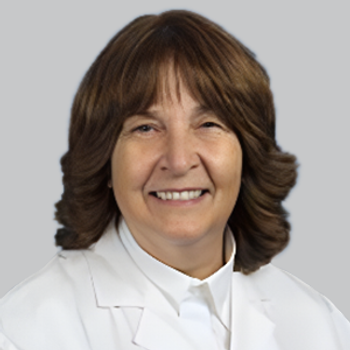
Over a 3-treatment cycle, no new clinically significant safety observations were found, with significant dose-dependent increases in frataxin in muscle mRNA expression.
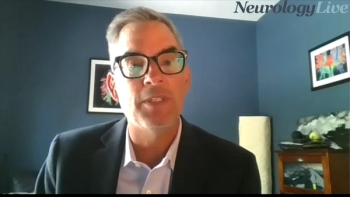
The executive vice president of the National MS Society provided perspective on the challenges with remyelinating strategies for patients with MS, and the progress that’s been made thus far. [WATCH TIME: 4 minutes]
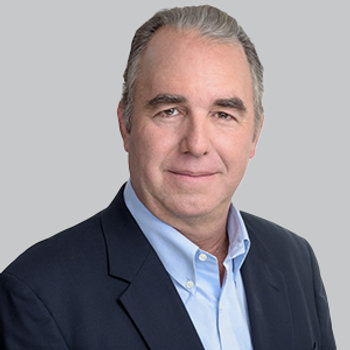
Five-year data revealed sustained and significant improvement for patients with tremor as well as an overall improvement in quality of life measures and without any progressive or delayed complications.
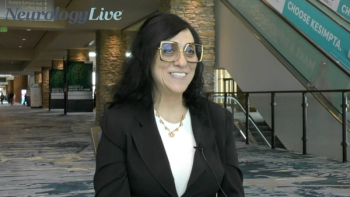
The assistant professor at Hunter College talked about the importance of prioritizing accurate localization, appropriate diagnostic tests, and patient communication for effective neurological diagnosis, prognosis, and treatment. [WATCH TIME: 3 minutes]

The associate staff member in the department of neurology at Cleveland Clinic provided perspective on a recently published phase 1 study assessing deep brain stimulation in individuals with chronic poststroke hemiparesis.
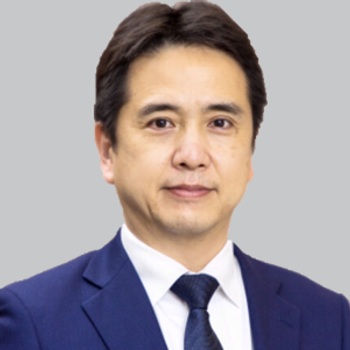
Among a cohort of more than 70 individuals with MS, only 1 relapse occurred while on eculizumab, with significant reductions in immunosuppressive use observed.
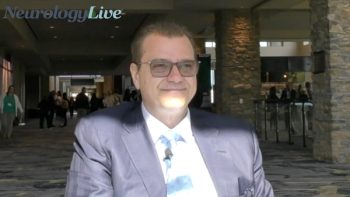
The director of the Buffalo Neuroimaging Analysis Center talked about a study that explored cognitive decline in patients with early multiple sclerosis, underlining the significance of addressing cognitive impairment in the early stages of the disease. [WATCH TIME: 3 minutes]
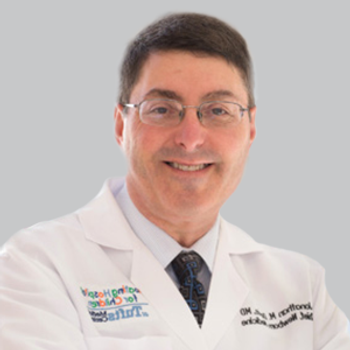
In a clinical study diagnosing genetic disorders, genomic sequencing did not report 19 variants found by a targeted neonatal gene-sequencing test and the targeted panel did not report 164 variants recognized by genomic sequencing.

The associate staff member in the department of neurology at Cleveland Clinic provided background on a recently published phase 1 trial showing benefits of DBS for chonic poststroke motor rehabilitation. [WATCH TIME: 3 minutes]
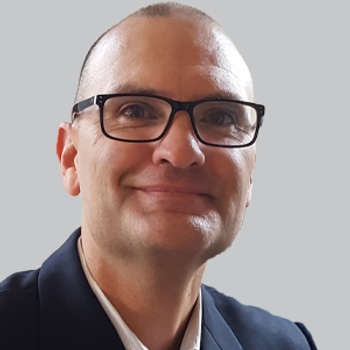
Over a 28-day period, no adverse events led to study drug withdrawal, with decreased appetite as the most common treatment-related AE observed in the highest dosed cohort.

Mind Moments®, a podcast from NeurologyLive®, brings you an exclusive interview with Erin Furr-Stimming, MD, FAAN, FANA. [LISTEN TIME: 11 minutes]
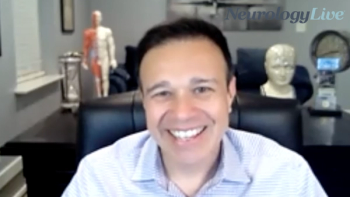
The associate vice president of neuroscience, US Medical Affairs at Eli Lilly talked about the "Think Talk Treat Migraine" program and the 3 vital actions for providers take to improve migraine care for their patients. [WATCH TIME: 3 minutes]
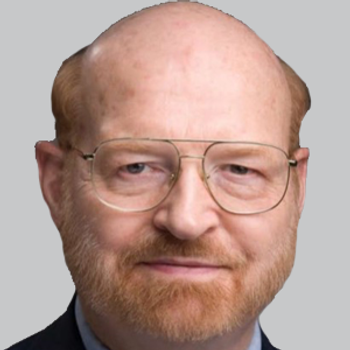
Over a 48-week stretch, a composite end point analysis suggested a survival treatment benefit with edaravone, further supporting its use in patients with ALS.
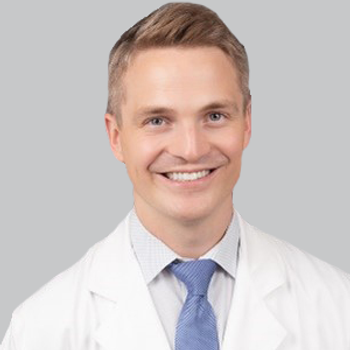
Alex Whiting, MD, director of epilepsy surgery at Allegheny Health Network, discussed the challenges with drug-resistant epilepsy, and how clinicians can initiate conversations about potential options for their patients.

Here's some of what is coming soon to NeurologyLive® this week.
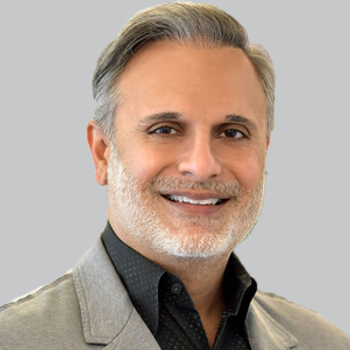
In 2 pivotal phase 3 trials, atogepant met its primary end point of superior reduction in monthly migraine days vs placebo, with consistent safety throughout.

Test your neurology knowledge with NeurologyLive®'s weekly quiz series, featuring questions on a variety of clinical and historical neurology topics. This week's topic is headache and migraine.

A duo of experts from the pivotal, phase 3 ASPEN trial shared commentary on the impact of daxibotulinumtoxinA’s approval for adults with cervical dystonia.

IMU-838, or vidofludimus calcium, has shown promising results in studies of patients with relapsing-remitting multiple sclerosis.
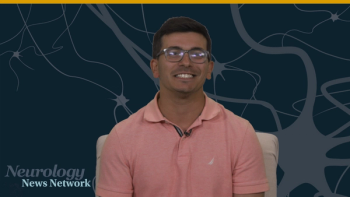
Neurology News Network for the week ending August 19, 2023. [WATCH TIME: 4 minutes]
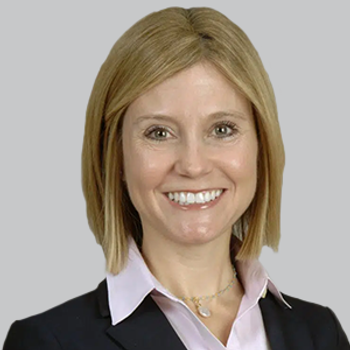
The approval was based on the phase 3 KINECT-HD study, an 128-patient cohort trial in which valbenazine met its primary end point, demonstrating a statistically significant reduction in UHDRS TMC scores vs placebo.

Women who reported a history of hypertensive disorders of pregnancy were estimated to have 1.66 times the risk of stroke relative to parous women who had not had those pregnancy complications.

Take 5 minutes to catch up on NeurologyLive®'s highlights from the week ending August 18, 2023.
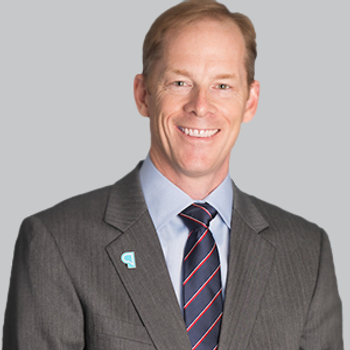
A peer-reviewed analysis revealed critical gaps in care for patients with Parkinson disease in the United States, including disparities affecting women, people of color, and residents of rural areas.
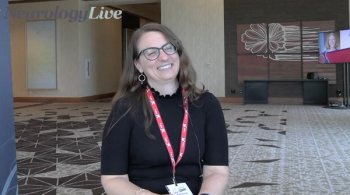
The headache specialist at the Hartford Healthcare Headache Center discussed findings from a study that revealed altered retinal vasculature in individuals with migraine with aura, indicating potential retinal biomarkers for disease progression. [WATCH TIME: 4 minutes]

Elevated caregiver depression risk corresponds to increased emergency department usage, hinting at a pivotal link between caregiver well-being and patient healthcare utilization.

Adam Naj, PhD, genetic epidemiologist at the University of Pennsylvania, discussed the importance of collecting genetic data from diverse ancestries to investigate the risk of Alzheimer Disease.
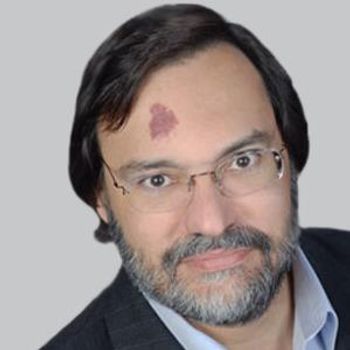
Patients on IPX203 received less doses than those on traditional immediate-release carbidopa/levodopa and demonstrated 0.53 more hours of good ON time per day than IR CD/LD.
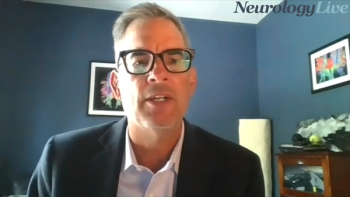
The executive vice president of the National MS Society discussed the challenges with treating progressive forms of MS, and the accumulating neurodegeneration seen over time. [WATCH TIME: 4 minutes]